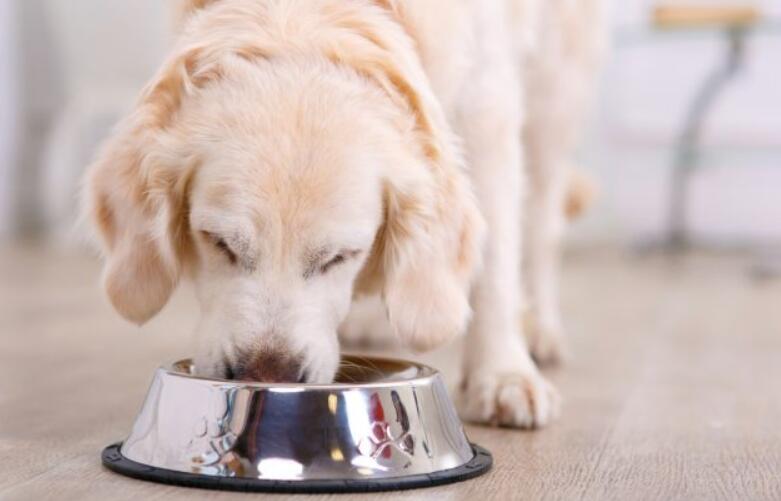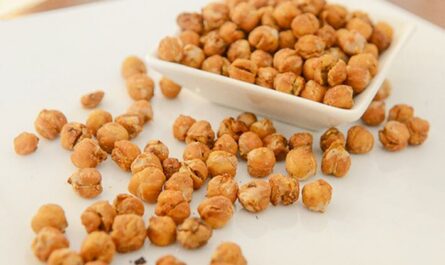Fig Newtons is a classic cookie treat that many dog owners wonder about. With a sweet fig filling sandwiched between two soft doughy cookies, it’s understandable why dogs get curious. But are Fig Newtons safe and healthy for dogs to eat? Let’s dive into the details.
What are Fig Newtons Exactly?
First, let’s cover what exactly Fig Newtons are. Fig Newtons are a cookie manufactured by Nabisco that has been around since the late 1800s. The main components are:
- Cookie dough – The dough is made from enriched white flour, sugar, vegetable oils, high fructose corn syrup, and various leavening agents.
- Fig filling – The filling is made from fig paste and corn syrup mostly. Fig paste contains figs, sugar, and often raisins blended together into a thick jam-like paste.
- Coating – Most Fig Newton varieties are coated in sucrose (white sugar) for extra sweetness and crunch.
So in summary, Fig Newtons are a high-calorie, high-sugar cookie with a thick, heavy dough and sweet fig fruit filling. This combination of ingredients is what makes Fig Newtons an unhealthy choice for canine consumption. Let’s look closer at why that is.
Are Fig Newtons Safe for Dogs to Eat?
Fig Newtons are not toxic to dogs in small amounts, but they do contain some problematic ingredients that make them a poor snack choice:
- High sugar content – Fig Newtons contain sugar in both the cookie dough and the fig paste filling. Too much sugar can lead to obesity, dental issues, and even diabetes in dogs.
- High fat – The oils and fats used in Fig Newton dough may cause gastrointestinal upset like vomiting or diarrhea in dogs.
- Raisins in fig paste – Raisins are very dangerous for dogs and even small amounts found in fig paste can potentially cause kidney failure.
- Choking hazard – The thick cookie dough can pose a choking risk, especially for small-breed dogs.
Additionally, some Fig Newton varieties contain xylitol, an artificial sweetener that is highly toxic to dogs. So while a few tiny bites of a Fig Newton won’t immediately harm an otherwise healthy dog, the high sugar, fat, raisins, and choking risk make this snack unsuitable for dogs.
Are Fig Newtons Healthy for Your Dog?
No, Fig Newtons are not healthy for dogs. As discussed earlier, Fig Newtons contains:
- High amounts of sugar, which can lead to obesity, diabetes, and dental disease
- High amounts of fat and oils, which can cause pancreatitis and gastrointestinal upset
- Raisins in the fig paste filling, which are toxic to dogs
- A choking hazard from the thick cookie dough
Feeding Fig Newtons to your dog provides no nutritional value. The high sugar and fat content far exceed the small amount of fiber and nutrients from the fig paste. They are essentially just empty calories.
Figs on their own are reasonably healthy for dogs to eat. But Fig Newton cookies are highly processed and contain too many unhealthy ingredients to be a good snack for pups. Overall, Fig Newtons are not healthy and should be avoided.
Are Figs Bad for Dogs?
Figs themselves are not inherently bad or toxic to dogs. Both fresh and dried figs contain fiber, vitamins, and antioxidants that can benefit dogs.
However, too many figs could lead to digestive upset, vomiting, or diarrhea in dogs. The high natural sugar content, fiber, and seeds mean figs should only be fed in moderation.
Additionally, the way figs are processed can make them bad for dogs. Fig paste in Fig Newtons contains toxic raisins. Dried figs are high in sugar concentrates.
So in their whole, unprocessed form, fresh figs are fine for dogs in moderation. But steer clear of fig products not formulated for canine consumption.

Conclusion: Are Fig Newtons Ever OK for Dogs?
The bottom line is no, Fig Newtons should be avoided for dogs. The high sugar, fat calories, toxic raisins, and choking hazards make them an unhealthy and dangerous choice.
However, not all dogs will become ill from nibbling a tiny bite of a Fig Newton occasionally. Some very large breed dogs may tolerate a small piece once in a blue moon without issue.
But it’s simply not worth the risk for most dogs. If you absolutely must indulge your beggar, follow all precautions and never more than a crumb. Offer healthier, low-calorie snacks like carrots or air-popped popcorn instead to show your dog love! Say no to Fig Newtons for good doggy health and well-being.





